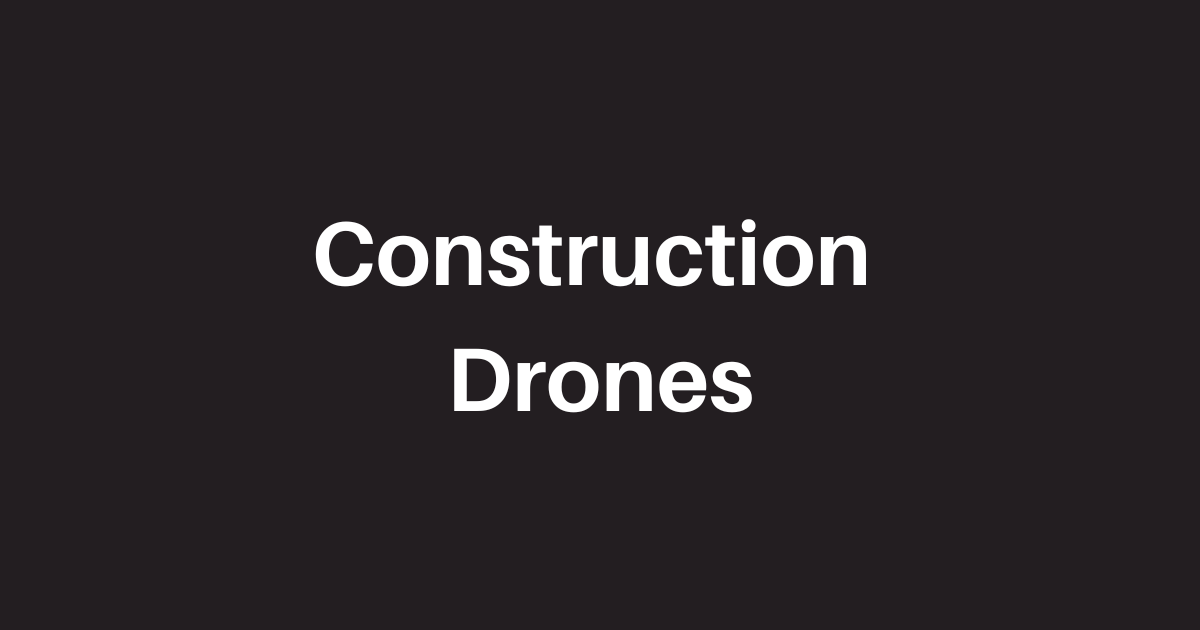Drones: A New Tool for the Construction Industry

Drones have the potential to become an important a tool for the construction industry. Some general contractors and surveyors are already utilizing drones, also known as UAVs (unmanned aerial vehicles) for a variety of surveillance and documentation uses.
Construction equipment maker Komatsu plans to use US-made drones to scan job sites from the air and send images back to the ground.
Equipment World recently reported on several ways that drones are impacting construction job sites. Drones are used for the following tasks:
- to photograph potential construction sites to survey existing conditions
- to provide documentation for progress reports
- to monitor safety practices as construction progresses
- to check on the condition of bridges and other structures that are difficult or dangerous to access by workers
The data sent back from the drone can be seen by an entire team of people in real time. Later, the data can be analyzed and stored for future use.
Richard Evans, IT manager at Texas general contractor SpawGlass, is an enthusiastic supporter of the use of drones for construction projects. “Job progress documentation is very important and it (drones) can do a very good job at that. It can get down close and look at things in detail. We can go up and look at things that are very difficult to get to.”
Evans believes drones have the potential to become an important tool to the construction industry. “These can get in close where helicopters can’t. They will become commonplace in the construction industry,” he said in an article in the Journal of Commerce.
However, there are limitations on the use of drones.
- Weather can impact the use of drones. Depending on the type of drone, extreme wind, temperature and precipitation may limit their use.
- Drones have limited range in terms of altitude and visual distance from the pilot.
- Drones have limited endurance, depending on the fuel source which can be batteries or fuel cells.
- Experienced drone pilots must be available to safely operate drones.
Currently, due to privacy and security concerns, commercial firms must have the approval of the Federal Aviation Agency to use drones. You may have heard that last week a remote controlled drone driven by a hobbyist crash landed at the White House. This type of event reinforces the public’s and agency’s concerns about drones and has helped to keep a lid on the expansion of their use on construction sites.
In spite of these concerns, we expect there to be increased utilization of drones in the construction industry in the coming years.



